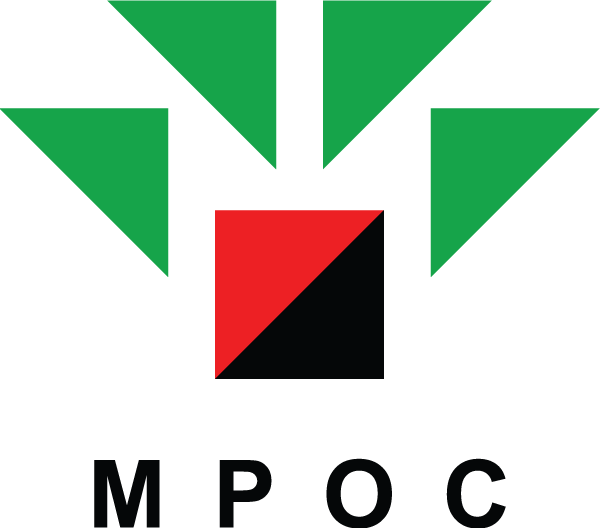
ORGANIZED BY:

Module 2: Renewable Energy, Climate Change and Food Security:
The Role of Blockchain Technology to Address Traceability in the Palm Oil Supply Chain

Ms. Kamales Lardi
Kamales Lardi is a digital business transformation expert with over 20 years of experience in advising multinational companies across various industries in Europe, Asia and Mauritius, including Cim Finance, UBS AG, Swiss Federal Railway (SBB), Pfizer, Ernst & Young Switzerland, Aduno Gruppe, BonusCard AG, Berlinger Group, Sanitas Insurance, among others. Kamales is a Teaching Fellow and Chairperson of the MBA Advisory Board at Durham University Business School (UK), and she was recently awarded as Top 10 Global Thought Leaders And Influencers In Digital Transformation (Thinkers360). Kamales is the founder of Diversity In Blockchain Switzerland and BloomBloc Sdn. Bhd., a blockchain advisory in sustainable supply chain. Originally from Malaysia, Kamales has been living and working in Switzerland since 2005.
VIEW PROFILE
The emergence of Blockchain technology could have a transformative impact on the palm oil industry by creating an end-to-end traceable and verifiable supply chain. Implementing Blockchain technology in the Malaysian palm oil industry could offer great value and differentiate Malaysia's palm oil production as sustainable and credible.
Application of Blockchain in the Malaysian palm oil industry not only provides an unprecedented level of trust in the supply chain, but also contributes to protecting the working conditions and legal employment of field workers, gives plantations rich data on crop harvesting. With the use of geolocation features, farmers, governments, certification authorities, and producers can maintain digital inventories of the plantations, track land concessions and implement sustainable land usage planning policies. Additionally, in combination with the use of sensor technology, a Blockchain based solution could minimize spoilage by monitor temperature and humidity during processing, storage, and transport, as well as integrating this data on a single, shared platform.
This presentation will share insights to the potential application of Blockchain technology for the Malaysian palm oil industry, to create greater transparency and traceability across the end-to-end supply chain.
Application of Blockchain in the Malaysian palm oil industry not only provides an unprecedented level of trust in the supply chain, but also contributes to protecting the working conditions and legal employment of field workers, gives plantations rich data on crop harvesting. With the use of geolocation features, farmers, governments, certification authorities, and producers can maintain digital inventories of the plantations, track land concessions and implement sustainable land usage planning policies. Additionally, in combination with the use of sensor technology, a Blockchain based solution could minimize spoilage by monitor temperature and humidity during processing, storage, and transport, as well as integrating this data on a single, shared platform.
This presentation will share insights to the potential application of Blockchain technology for the Malaysian palm oil industry, to create greater transparency and traceability across the end-to-end supply chain.
REGISTER OR LOGIN TO VIEW FULL REPORT
REGISTER OR LOGIN TO VIEW PRESENTATION SLIDES
Questions & Answers
Please login to post comments.




